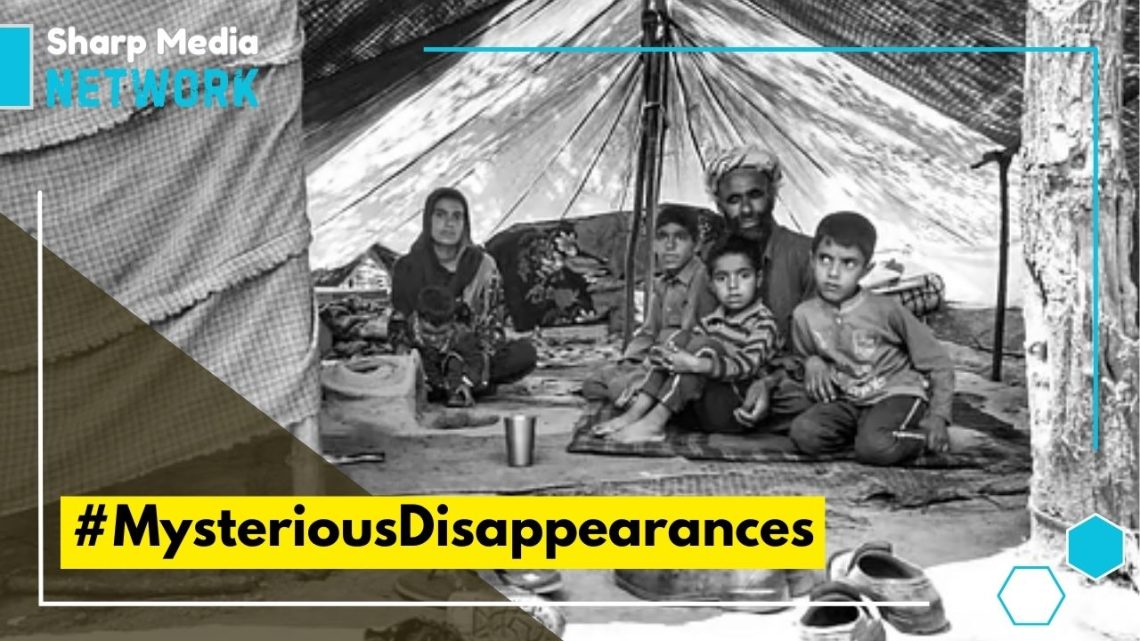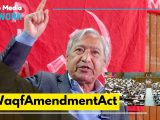
Gujjar Community Faces Brutality Amid IIOJK’s Ongoing Crisis
April 15, 2025Behind the claims of peace in IIOJK lies a chilling truth—marginalised voices, especially from the Gujjar community, are being silenced through fear, violence, and a decades-old culture of impunity.
A wave of disappearances, custodial deaths, and alleged torture has once again rattled Indian Illegally Occupied Jammu and Kashmir (IIOJK), this time hitting the vulnerable Gujjar tribal community the hardest. Despite official narratives of “normalcy,” the region remains engulfed in fear and unrest.
A recent Al Jazeera investigation, supported by painful testimonies from families and activists, has shed light on systemic human rights violations. These stories challenge the government’s portrayal of a peaceful IIOJK and reveal a disturbing pattern of state violence.
The tragic deaths of two brothers, Riyaz and Showkat Ahmad from Kulgam district, reflect the deepening crisis. After going missing in February 2025, their bodies were found in a canal. Authorities labeled the deaths as suicide or accidental drowning, but the visible signs of trauma told a different story—one the families and local residents refuse to accept.
Adding to the distress, another young man, Mukhtar Ahmad Awan, has vanished without a trace, further fueling suspicions of foul play.
The Gujjar community, a historically marginalized pastoral group, has long suffered in silence. Living in remote areas with limited political influence, they are often caught in the crossfire between militants and security forces.
In one of the most harrowing cases, 25-year-old Makhan Din from Kathua ended his life after allegedly being tortured by police and paramilitary forces. A video he recorded before his suicide described inhumane treatment and coercion to admit to false charges. The clip went viral, sparking outrage but also triggering a state crackdown on journalists and activists who tried to amplify his voice.
Reports also emerged of mysterious disappearances among non-local laborers. While authorities blamed militants, rights groups argued that these cases fit into a larger narrative of state-led suppression.
The December 2023 Poonch incident brought the crisis to a boiling point. Three civilians—Shabir Ahmed, Safeer Ahmed, and Mohammad Showkat—were allegedly tortured to death by soldiers after a militant attack. Their families received their battered bodies days later. Former Chief Minister Mehbooba Mufti denounced the violence, questioning the reality of “Naya Kashmir.”
Yet, even amidst grief, families strive for normalcy. Wali Mohammad, the father of one of the deceased, expressed hope for his grandson’s future by enrolling him in an Army school—an ironic move highlighting the complex power dynamics at play.
IIOJK’s past is littered with similar tragedies—the Shopian “fake encounter” of 2020, the Pathribal killings of 2000, and the Machil case of 2010—each revealing the misuse of power under the cover of counterinsurgency.
Legal shields like the Armed Forces Special Powers Act (AFSPA) have enabled decades of impunity. While military officials promise reforms and zero tolerance for abuse, survivors remain unconvinced.
As global human rights bodies call for independent investigations, the Indian government continues to deny wrongdoing. Until deep, systemic change is implemented, the cycle of fear, silence, and injustice in Indian Illegally Occupied Jammu and Kashmir (IIOJK) will likely persist.

